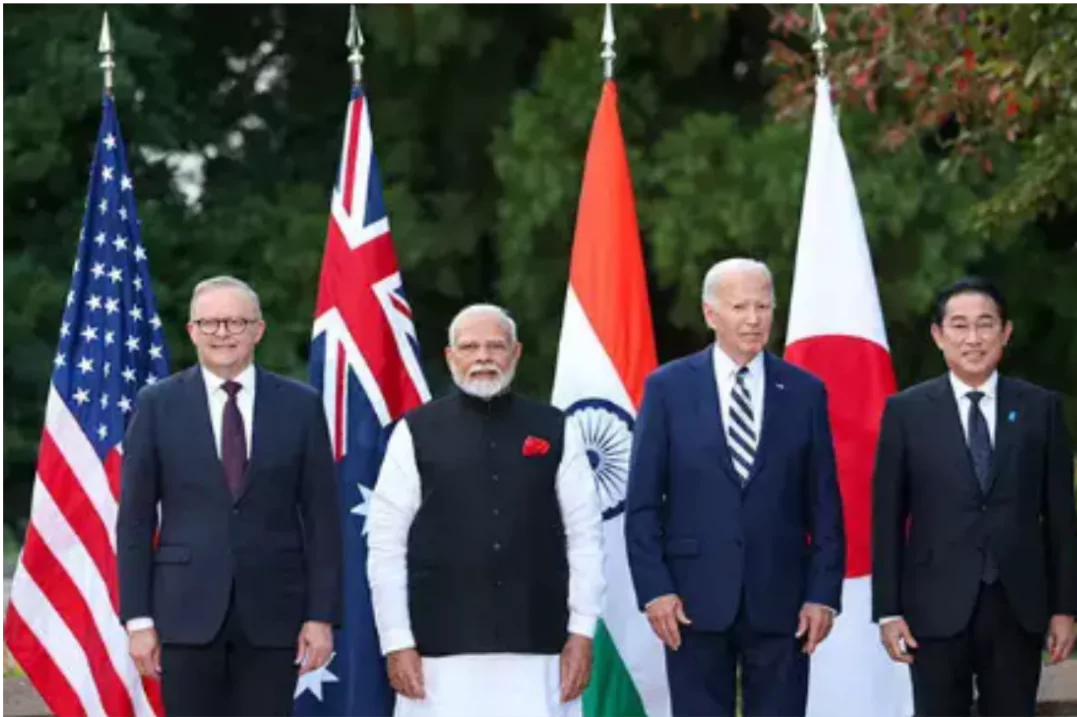India recently signed the US-led 14-member Indo-Pacific Economic Framework for Prosperity (IPEF) bloc’s agreements on a clean and fair economy.
About Indo-Pacific Economic Framework for Prosperity (IPEF)

- The Indo-Pacific Economic Framework (IPEF) was launched in May 2022 in Tokyo, Japan
- Objective: Enhance economic engagement and cooperation among partner countries to foster growth, economic stability, and regional prosperity.
- Member Countries: 14 members including Australia, Brunei, Fiji, India, Indonesia, Japan, Republic of Korea, Malaysia, New Zealand, Philippines, Singapore, Thailand, USA, and Vietnam.
- These 14 partners represent 40% of global GDP and 28% of global goods and services trade.
Enroll now for UPSC Online Classes
IPEF Pillars
- Fair and Resilient Trade (Pillar I):
- Aims to promote regional economic growth, peace, and prosperity.
- Focus on transparent trade practices and addressing issues like labor rights, environmental sustainability, and digital governance.
- India’s Status: Observer.
- Supply Chain Resilience (Pillar II):
- Seeks to make supply chains more resilient, robust, and well-integrated.
- Focus on logistics improvements, connectivity, and critical sectors.
- Includes initiatives to upskill and reskill workers in these areas.
- India’s Status: Active participant.
- Clean Economy (Pillar III):
- Aims to promote renewable energy and climate-friendly technologies.
- Focus on research, development, commercialization, and deployment of clean energy solutions.
- Encourages investment in climate-related projects in the Indo-Pacific region.
- India’s Status: Active participant.
- Fair Economy (Pillar IV):
- Implements anti-corruption measures and tax policies.
- Focus on creating transparent and fair tax systems, strengthening anti-corruption laws.
- India’s Status: Active participant.
India’s Position in IPEF
- Pillars Participation: India has joined Pillars II, III, and IV but holds observer status in Pillar I.
- Concerns:
- India has not committed to joining the negotiations on Pillar I due to potential discriminatory conditions, particularly in areas of digital governance and environmental standards.
- Digital governance in the IPEF framework does not align with India’s existing digital policies.
- India has its own digital framework focusing on data protection and privacy.
Check Out UPSC NCERT Textbooks From PW Store
![]() 25 Sep 2024
25 Sep 2024

